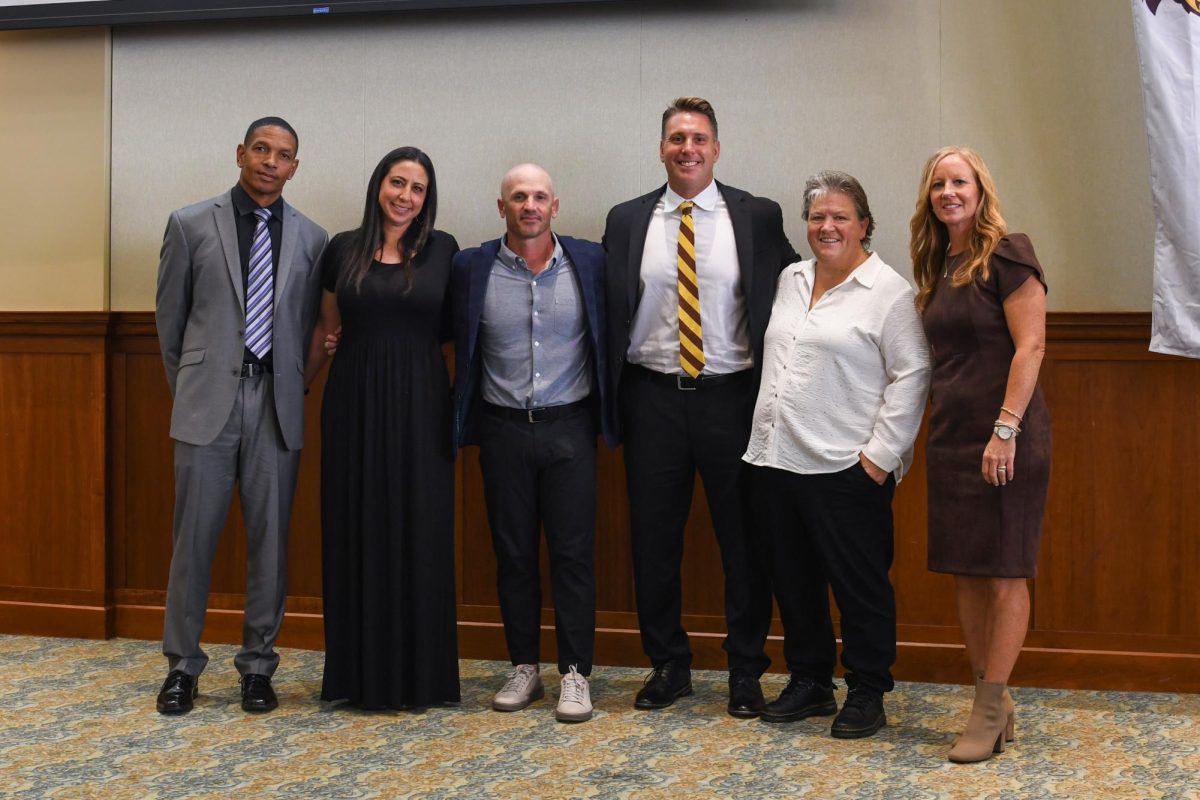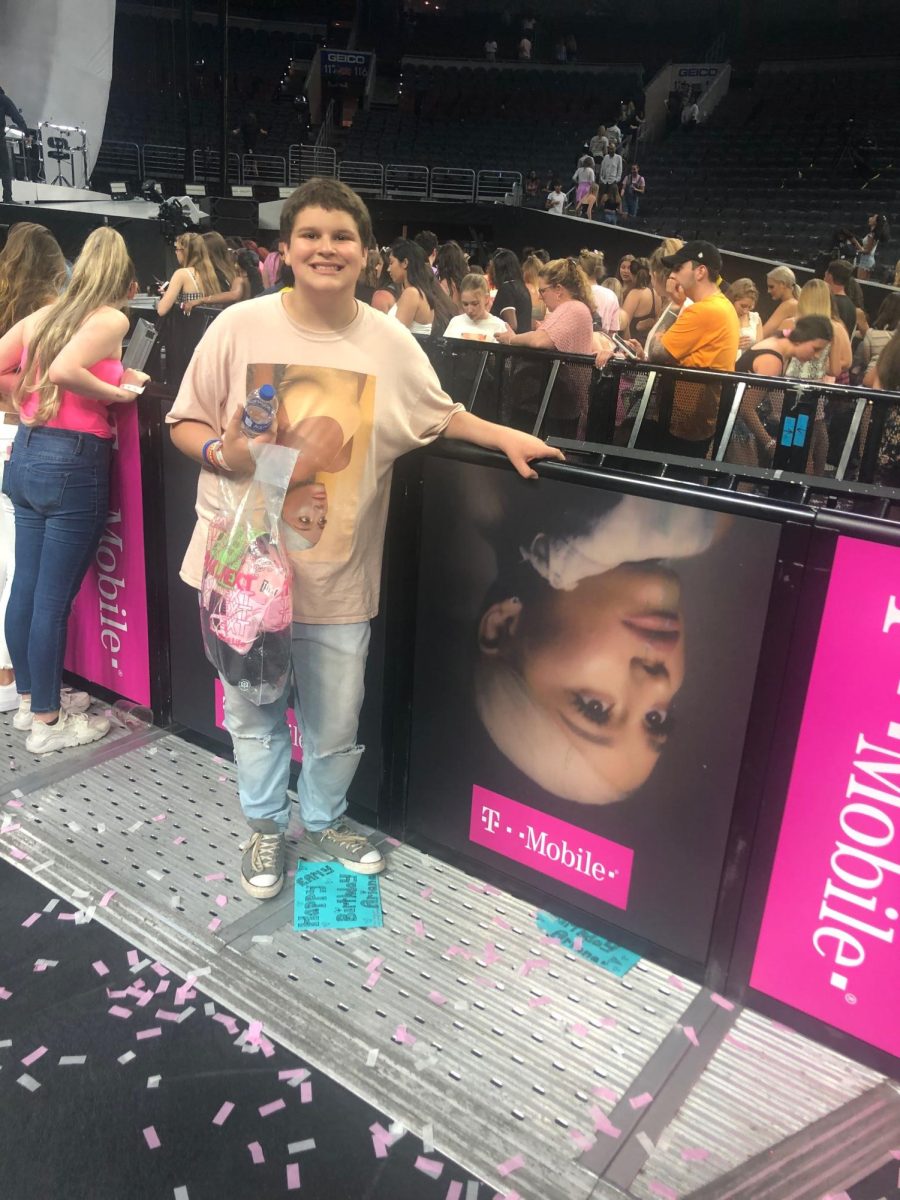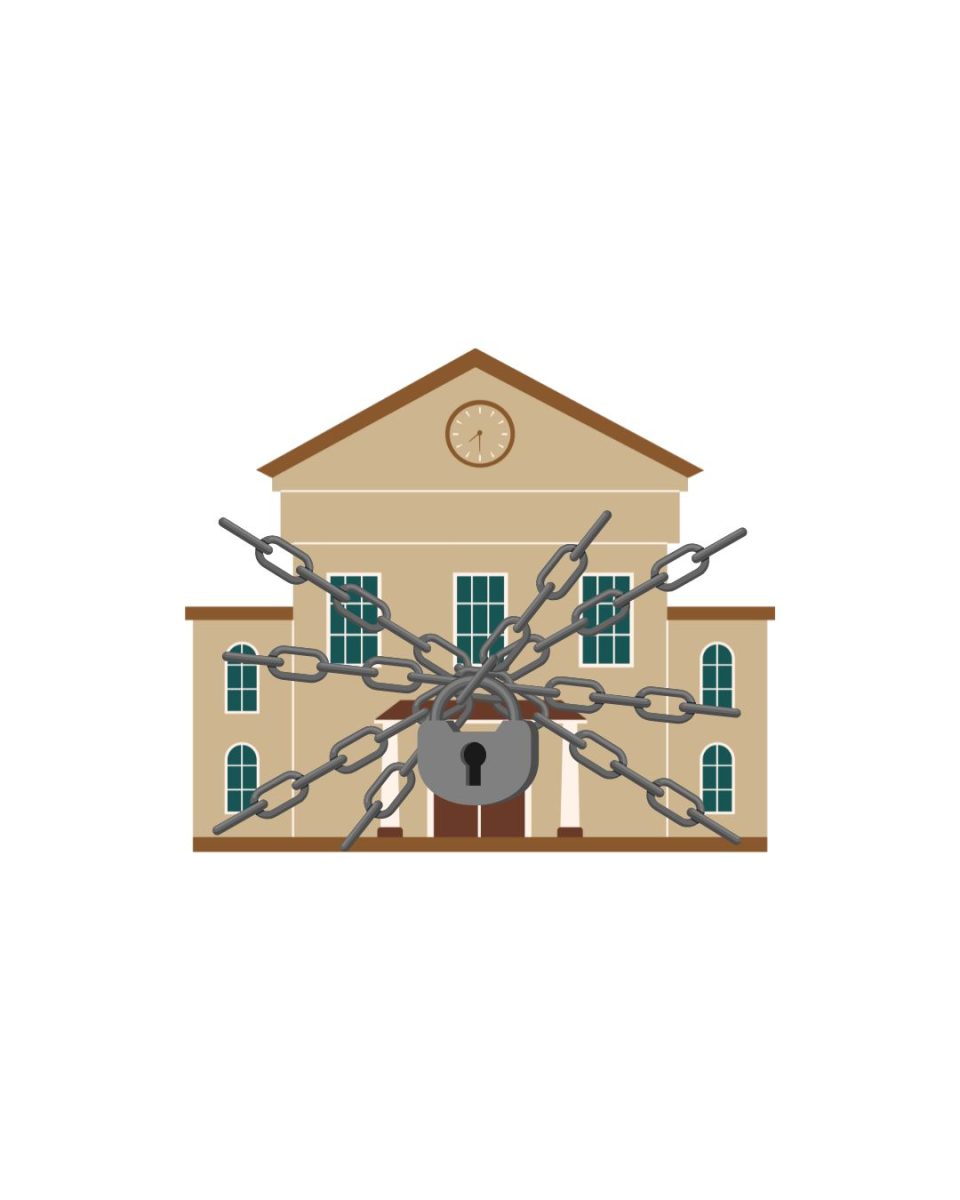If you’ve ever seen me on Rowan campus, you’ve probably seen me in a Tate McRae tee shirt, or a Sabrina Carpenter hoodie. If there is a pop girl, I probably have some type of merchandise for her.
While most would just shrug it off as someone wearing a tee shirt he got at a concert, it is a huge part of my identity, not the clothes itself but the pop icons on the shirts.
As a child, I was always a little different from my other male peers. Instead of watching cartoons such as Adventure Time and Teen Titans, I danced to Taylor Swift and Ashley Tisdale. I have always been a headstrong, confident person. But even as a kid, I noticed these differences. I can still remember when I asked a classmate in the first grade if he had watched the newest episode of Liv and Maddie that week, and he told me “No, that’s a girl’s show.”
Although it hurt to see that I didn’t share many interests or commonalities with my peers, that never changed what I liked. Even to this day, I don’t see the “hype” of following a trend that really isn’t true to me.
As I grew older, the pressure to conform to traditional ideas of masculinity grew much stronger. Society often tells you what it means to be a man—what you should wear, what music you should listen to, and who you should idolize. For a lot of guys my age, sports and video games define their identity.
But for me, that didn’t feel right. Instead, I was drawn to the strength and vulnerability I saw in female pop icons, especially those like Ariana Grande, Olivia Rodrigo, and Sabrina Carpenter.
During my transition from middle school to high school, my family and I experienced a major life change that completely altered the course of our lives. Despite having a strong and supportive network of family and friends, I often felt isolated and lost. No matter how much love and care they showed me, I still felt so alone.
Yet only one source of comfort and strength stood out above everything else; Ariana Grande’s Dangerous Woman album.
That era of her music resonated with me in a way that nothing else could. Through her lyrics and all the emotional turmoil during that era, I felt her vulnerability and her ability to rise above her struggles. Even during her lowest moments. Her resilience became a source of inspiration for me. The strength she exuded, despite facing her own hardships, gave me the courage to push through my own challenges.
If there was one thing that listening to pop music has taught me, is that it’s okay to feel deeply and show emotion. Strength isn’t just about being stoic or tough— it’s about confronting your struggles and growing from them.
Listening to songs that openly explore heartbreak, self-doubt, and resilience made me realize that vulnerability is not a weakness, but it’s a really helpful tool in healing and connecting with others. When I heard lyrics with themes of taking off rose-colored lenses and seeing the real picture, or just plain heartbreak, I felt like those artists understood emotions I hadn’t been able to put into words myself just yet.
Their honesty gave me the bravery to face my own challenges and accept my feelings instead of bottling them up. I began to see that allowing myself to cry, reflect, or admit when I needed help didn’t make me less strong, it made me human.
Being in college has further amplified these lessons. In a community as diverse as Rowan, I’ve found new opportunities to express myself and celebrate what makes me, me.
Whether it’s rocking my Tate McRae hoodie on campus, or sharing my love for Ariana Grande’s music with new friends, college has given me a platform to embrace who I am unapologetically, as everyone deserves to do.
For comments/questions about this story DM us on Instagram @thewhitatrowan or email [email protected]



































































































































































































